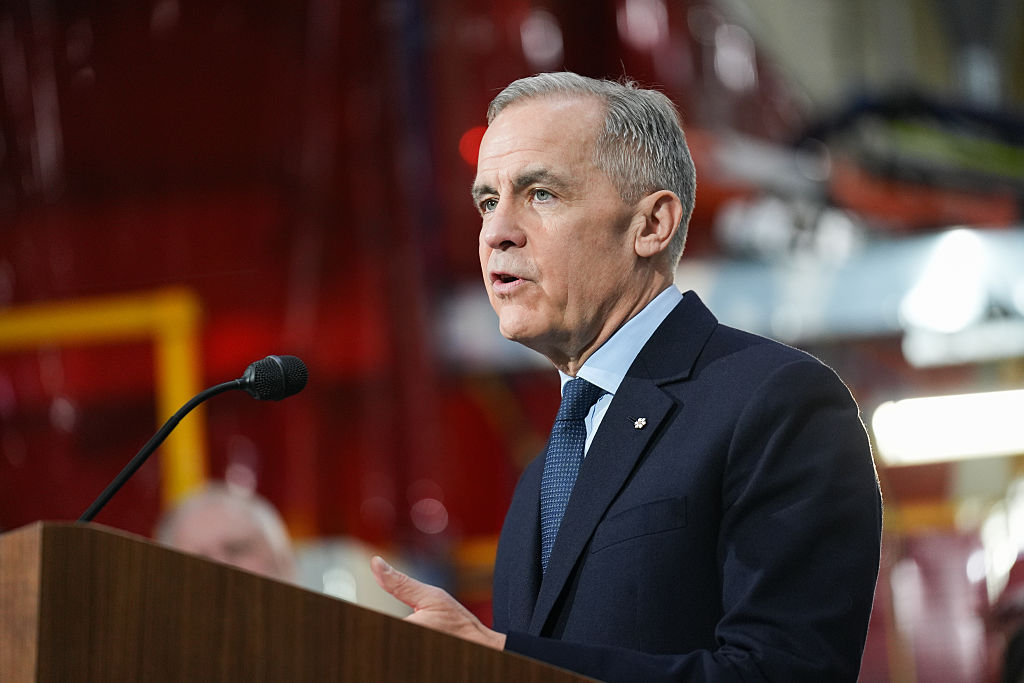Reheating Russo-Cuban Relations
Reheating Russo-Cuban Relations
By
Carlos Macias
U.S.-Russia tensions escalate over a proposed missile shield in Eastern Europe, sparking rumors that Moscow plans to station bombers in Cuba. Though the origin and veracity of the story remain unclear, Russian leaders called for renewed ties with Cuba after the countries inked a recent oil deal.
Recent twists and turns in U.S.-Russia relations have drawn comparisons to Cold War era tensions, sparked in particular by Washington’s plans military defense shield in Eastern Europe. During a July visit to the Czech Republic to sign a related agreement, U.S. Secretary of State Condoleezza Rice insisted that the shield’s construction was not a strategic move against Russia, but was instead intended to protect NATO allies from Iranian and North Korean threats. Still, Russian leaders seem unconvinced and, after plans to build the shield in Russia’s backyard were inked, a story arose that Moscow planned to station nuclear bombers in Cuba. The report may have been little more than a rumor, but this week Prime Minister Vladimir Putin announced intentions to restore ties with Havana.
In the days between the bomber rumors and before Putin’s call for warmer Cuba ties a Russian delegation headed by Deputy Prime Minister Igor Sechin visited Cuba. Kommersant reports that Cuban leaders were displeased by the possibility that the bomber story was a means for Moscow to use Cuba as a pawn in a chess game with Washington. Nonetheless, Cuban and Russian officials forged a number of energy and commercial agreements. Most significantly, Russian oil companies gained the right to explore and harvest oil in the Gulf of Mexico. A Stratfor podcast explores Moscow’s intentions to upstage Washington by demonstrating Russian influence in the Western hemisphere. Some Russian military experts say the door could still be open for Moscow to expand its military presence into Cuba. “It is an open secret that the West has been establishing a buffer zone around Russia during the recent years, getting European, Baltic states, Ukraine and the Caucasus involved in the process. The expansion of the Russian military presence abroad, particularly in Cuba, could become a response to US-led activities,” Leonid Ivashov, president of the Academy of Geopolitical Sciences, told RIA Novosti.
Russia may also be flexing its energy muscle in the simmering U.S.-Russia dispute; the day after Prague signed the July 8 deal with the United States, crude oil deliveries to the Czech Republic were coincidentally cut off by a Russian supplier citing technical and commercial reasons. As an Asia Times article points out, Russia’s recent deal with Turkmenistan gives it control as the sole buyer of the Central Asian’s massive natural gas reserves until 2028.
The Turkmen deal came just after Russia and Venezuela signed energy agreements during a President Hugo Chávez’s stop in Moscow. During his meeting with Russian President Dimitri Medvedev, the leaders signed a pact that would allow Russia’s Gazprom the right to explore for oil in Venezuela’s Orinoco oil belt. Furthermore, Venezuela has increased its military expenditure fivefold in the last decade, making Russia its principal arms supplier with more than three billion dollars in hardware purchases.







